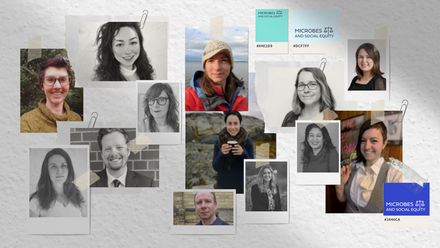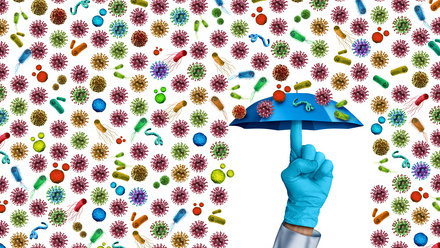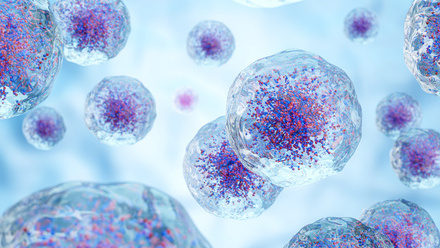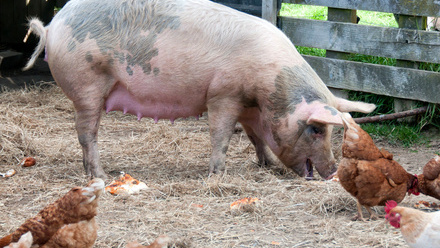How ADHD and Applied Microbiology International keep my life interesting
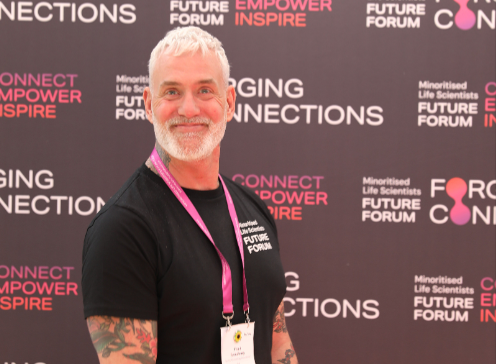
There are days I can’t find the pen I was just holding, but I can build an entire conference programme in my head while unloading the dishwasher. I’ll forget the name of someone I met five minutes ago, but I can spot a pattern in abstract submissions or remember exactly how a funding idea links back to a conversation we had over coffee three years ago. That’s ADHD for you. Disjointed in the moment, weirdly coherent in the big picture. And somehow it works, especially at Applied Microbiology International.
I’m not a bench scientist. I don’t pipette, PCR, or peer review microbial genomes. But I work at the messy edges of science and society. This is where events, people, policy, funding and infrastructure collide. And honestly, ADHD feels pretty well matched to the job.
I’ve come to realise that ADHD isn’t a distraction from the work. It is baked into how I do the work. The hyperfocus helps when I need to juggle logistics, grant deadlines, international collaborations and late breaking crises all at once. The fast associations spark unexpected links across projects or disciplines. Even the restlessness pushes me to keep things moving. Nothing stagnates for long. But let’s be clear. It’s not all magical superpowers. There’s overwhelm. Burnout. Moments where the dopamine deficit wins. And the constant effort of masking in neurotypical spaces is exhausting. Most systems, academic, professional, scientific, were not built with us in mind.
And this is where it starts to feel oddly microbial. Because ADHD reminds me of the systems MSE talks about all the time. The interplay between structure and flow, stability and chaos, environments and responses. Just like microbes, neurodivergent people are shaped by our conditions. We thrive in the right ecosystems. We struggle when things get toxic. We shift when the context changes.
It is also why equity matters. The way we work, think, collaborate. It is not neutral. If our systems only reward certain kinds of minds, we lose out on the full richness of scientific insight. And frankly, the microbiome doesn’t care if you’re distractible, verbose, impulsive or prone to obsessive spreadsheeting at 3am. But those things might make you really, really good at pulling off a multi day international event that should by rights be impossible.
So here’s to the ones who scribble ideas on the back of receipts, forget to eat lunch, then reinvent an entire process by accident. We may not be tidy, but we are deeply tuned to the living, shifting complexity of science in practice. And sometimes that is exactly what the work requires.

